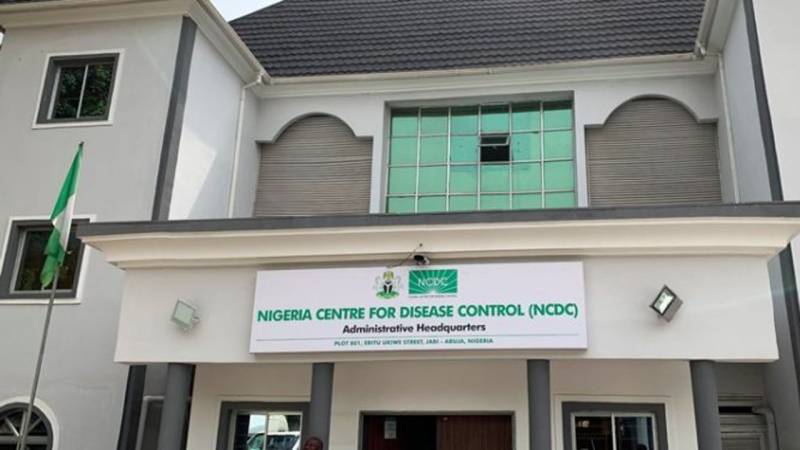The Nigeria Center for Disease Control (NCDC) has denied an outbreak of the Marburg virus in Nigeria. Reacting to reports of the suspected existence of the disease at Abuja Teaching Hospital, Gwagwalada, the center, on its Twitter account, said that although no cases of the disease have been reported in the countries, but measures such as increased surveillance, diagnostics and rapid response have teams in place to contain and mitigate outbreaks in the country.
Read Also: Prices Rise As Nigeria's Inflation Hits 17-Year High
Similarly, management of the hospital, yesterday, debunked the story. The account, emanating from a memo issued by the authorities to heads of departments (HODs), went viral on the social media yesterday.
Titled ‘Outbreak of Marburg disease and COVID-19 virus infection’, the communication reads: “The management of Abuja University Teaching Hospital wishes to notify the entire hospital community of an outbreak of Marburg disease and an upsurge in COVID-19 infection.
“Consequently, the attention of all HODs and members of staff is hereby drawn to ensure adequate surveillance and hygiene by observing all protocols of prevention.”
Contacted, the Public Relations Officer, Sani Suleiman, told The Guardian that there was no outbreak of the virus at the medical facility, clarifying that the memo in question originated from his unit and was addressed HODs for them to take precautionary measures.
He stated: “There is no outbreak of Marburg Virus Disease at the hospital. We have never witnessed that and nobody has reported such. We sent the memo to HODs because we want them to be proactive in taking care of themselves and patients as well as sensitising staff. But the memo was misunderstood.”
IN a related development, a group of experts convened by the World Health Organiaation (WHO) is renaming monkeypox variants to align the virus and variations or clades with current best practices. The professionals agreed to name the clades using Roman numerals.
The global health agency, in a statement, renamed two families or clades of the bug, using Roman numerals instead of geographic areas, to avoid stigmatisation.
In addition, the version of the infection formerly known as Congo Basin is now addressed as Clade I while the West Africa variant becomes Clade II.
WHO stressed that current best practice requires that newly-identified viruses, related disease and variants should be given names to avoid offending cultural, social, national, regional, professional or ethnic groups and minimise any negative impact on trade, travel, tourism or animal welfare.
The organisation said it is holding an open forum to rename monkeypox after some critics raised concerns that the name could be considered discriminatory and stigmatising.
It explained that the decision was taken after a meeting with Food and Agriculture Organisation of the United Nations (FAO).
WHO added that the new clades will take effect immediately while a fresh name for the disease would be worked on, adding that anyone who wishes to submit a name suggestion could do so on their websites.




